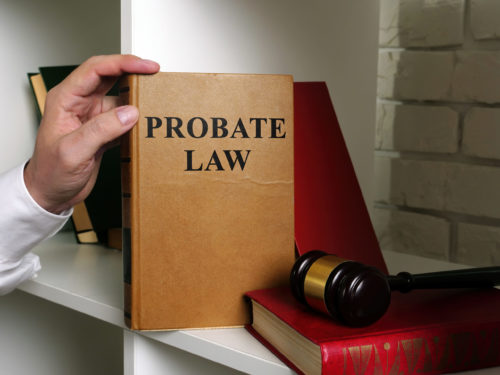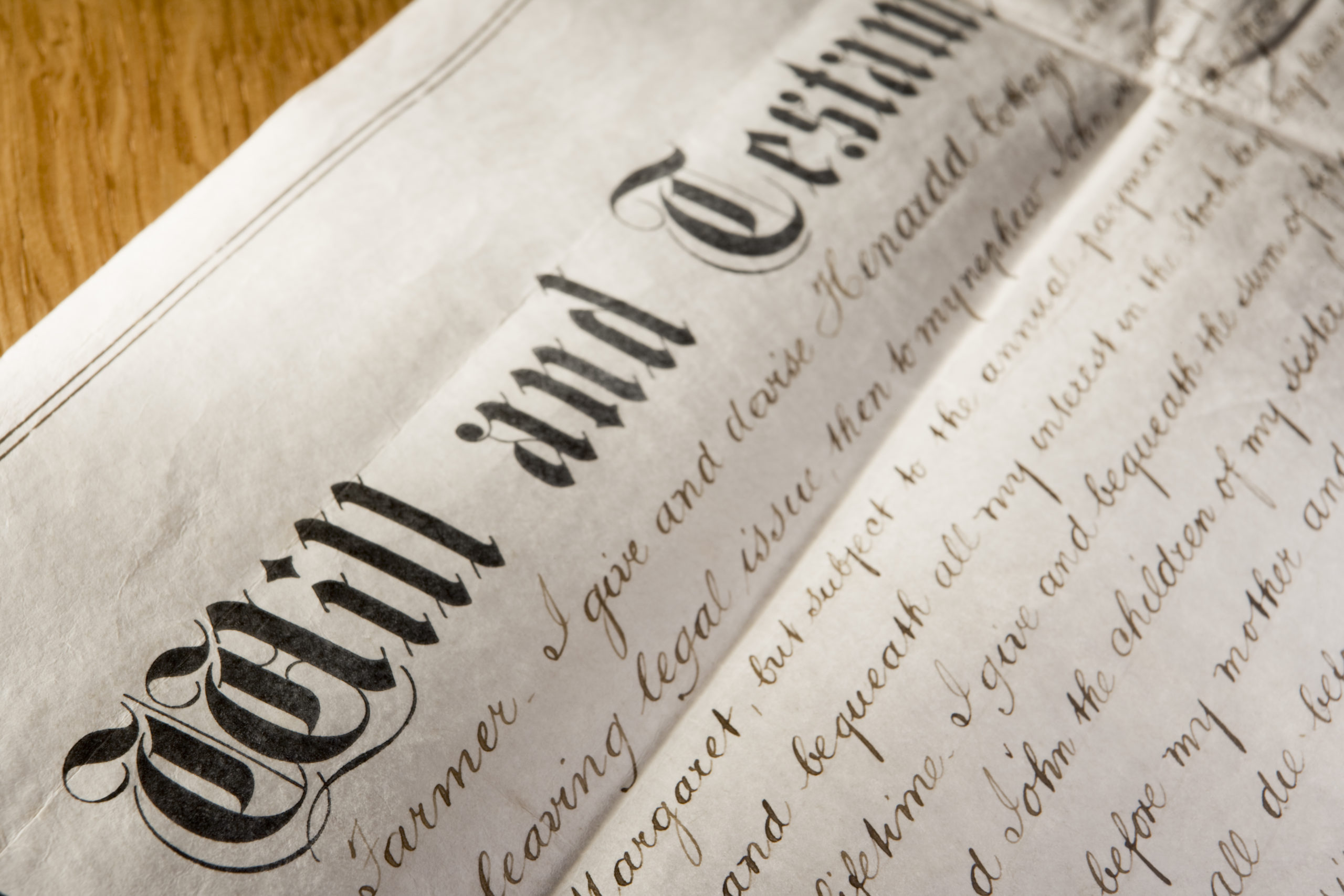Welcome once again to our handy-dandy how-to guide for avoiding probate altogether. Please note that this is indeed the final part of the guide. If, however, you missed out on the first two sections, you can check out part 1 (here) or read part 2 (here). In the final section, we’ll discuss how you can go about getting around the probate process if you happen to have a small estate. If this applies to you, please read on!
Is The Estate Big Enough for Probate?
The truth is simple: if your estate is small enough, you might not even have to think about probate at all. Nearly every state now offers shortcuts, or in some cases, ways around probate altogether, for small estates.
Each state defines that term differently, so be sure and check the rules and regulations for your state. Also of note, because of the way these laws are written, some larger estates—most worth hundreds of thousands—are also eligible for special procedures that speed property to inheritors.
There are two basic shortcuts for small estates that we will discuss today.
Claiming Property with Affidavits
If the total amount of value for all of your stuff is below a certain number, anyone who inherits your personal property (that is, anything except for real estate) might be able to skip probate altogether. Please note, though, that the exact amount varies by state and can also vary quite a lot.
However, if an estate qualifies, any inheritor can make up a short document stating he or she is entitled by will or state law to a certain item of property. This paper (called an affidavit) is signed under oath. Then, when the institution or person holding the property (like a bank where the deceased had an account) receives the required documents (i.e. the affidavit and a signed copy of the death certificate), it can then release any monies or other property.
Simplified Court Procedures
The second option we’ll look at now is simplified court procedures. Again, these are defined by individual state laws and are a quicker, simpler version of the probate process. The probate court will still be involved, but it has far less control over settling an estate. In many states, these processes are even simple enough to handle without even getting counsel involved. As such, they save a lot of money as well as a lot of time.
Get help from an Experienced New Jersey Probate Attorney
Finally, let’s end with a quote from New Jersey probate attorney Justin Scott. He says, “We know that, while a lot of people do go through the probate process, there are also those who may not have the time or money to devote to such a lengthy—and in some cases costly—process. We want those people to understand that it’s okay if they choose to go another route. There are many different options open to them, and we can work together with them to decide on what is ultimately their best course of action.”
This concludes our How-to guide on avoiding probate.






